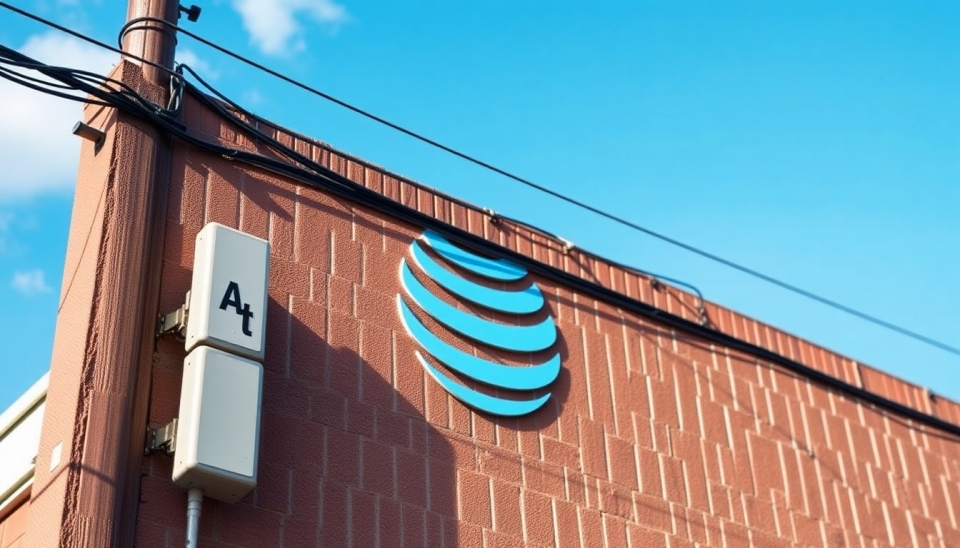
The Federal Communications Commission (FCC) is poised to introduce new regulations aimed at reinforcing national security concerning subsea cable networks, which are integral to global communications. Scheduled for a vote during an open meeting on December 12, 2023, these proposed rules seek to enhance the government's oversight of these critical infrastructures that facilitate international data transmission.
As global reliance on cross-border internet connectivity increases, the U.S. government has recognized the necessity of safeguarding its digital infrastructure from potential risks. The FCC's initiative is part of a broader effort to secure communications channels against foreign threats, particularly from nations perceived as adversarial. The move comes in light of concerns regarding the safety, security, and resilience of submarine cables, which are often vulnerable to espionage, sabotage, and other security incidents.
The new rules will require companies operating these subsea cables to submit detailed plans that outline their security measures and protocols. This would include, but not be limited to, disclosures of any potential foreign involvement in cable operations. By mandating transparency and accountability, the FCC aims to better assess the risks associated with foreign ownership and control over critical communications infrastructure.
According to experts, the approval of these regulations could have significant implications for U.S. companies engaged in building or operating subsea cables, particularly in partnership with foreign entities. Such partnerships might be scrutinized more intensely, leading some companies to reconsider their international collaborations to comply with the forthcoming regulations.
In a statement underscoring the urgency of the measures, FCC Chairwoman Jessica Rosenworcel noted that "submarine cables are vital to our economy and national security." She further emphasized the importance of ensuring these cables are not just maintained but also protected from potential threats that could disrupt essential communications both domestically and internationally.
This initiative underscores the growing recognition of the strategic importance of submarine cable systems. Currently, around 99% of international data traffic is transmitted through these undersea cables, connecting continents and facilitating everything from personal communications to global commerce. With this level of connectivity comes an inherent vulnerability, prompting policymakers to adopt stringent regulatory frameworks to fortify these assets against potential threats.
As the world becomes increasingly interconnected, the FCC's anticipated vote may set a precedent for how nations address the security concerns surrounding critical infrastructure worldwide. The outcome of this regulatory effort not only signals the U.S. commitment to protecting its digital landscape but also reflects growing global awareness about the need for comprehensive safety standards in telecommunications.
As stakeholders in the telecommunications field gear up for the FCC's decision, discussions surrounding the implications of these regulations will likely continue to unfold. The proposed rules are expected to contribute significantly to the ongoing dialogue about national security in the digital age and the protective measures that need to be instituted to safeguard essential communication pathways.
As the date for the voting approaches, the industry watches closely, aware that the new regulations could reshape the landscape of subsea cable operations and how companies navigate international partnerships in an era marked by geopolitical tensions.
#FCC #NationalSecurity #SubmarineCables #Telecommunications #DataSafety #InternetInfrastructure #RegulatoryChanges
Author: Emily Collins




